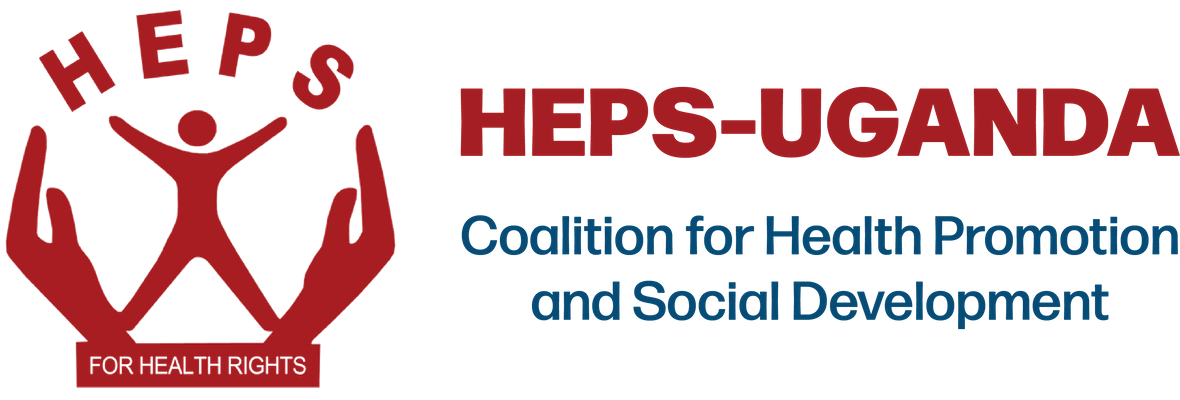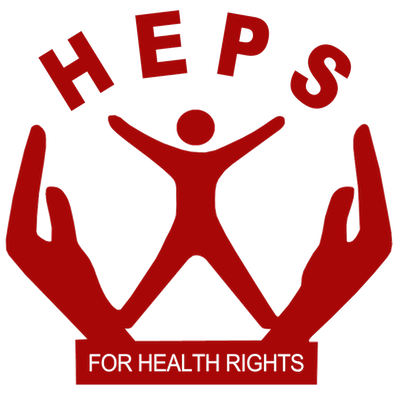“Stop stock-outs” is a regional campaign in 6 countries in Africa including Kenya, Madagascar, Malawi, Uganda, Zambia and Zimbabwe to stop continued stock out of essential medicines in public health facilities. In Uganda, a consortium of 5 CSOs (HEPS Uganda, AGHA, AIDE, ACFODE, NAFOPAHU) is undertaking the one year campaign.
Through the campaign the CSOs want the government to:
- Ensure availability of essential medicines at all public health institutions.
- Ensure that there is sufficient funding for the medicines within the minimum healthcare package.
- Give representation of civil society on the board of the National Medical Stores.
- Enhance transparency in medicines supply management.
- Provide a dedicated budget line for essential medicines.
- Live up to their commitments to spend 15% of national budgets on health care.
The campaign in Uganda was launched with a week of activities which included:
Ønarrative-report A visit to Kisenyi Health Centre IV on 17th March and Public launch:
Hon. Nabila Sempala, Woman Member of Parliament for Kampala District was the guest of honour and led the procession to the health centre. At the centre interviews of patients and health workers on stock out of medicines were done. The congregation was later joined by Artist Bobi Wine while marching back to Kisenyi Social Centre. This attracted many onlookers who joined the crowd.
Kizza Sebunya (Mariam Foundation) was master pf ceremonies. There were speeches from LC I and II of the area, Rosette Mutambi (ED-HEPS), George Kanyomozi (ACFODE), MP Nabila Sempala, Bobi Wine (also wooed the crowd with some singing). Diana Nekesa was asked to close the meeting a 1pm.
About 1000 residents of Kisenyi attended the function in addition to about 30 partners from the different organizations.
Press conference and public forum on 19th March at the Green room of theØ National Theatre:
The press conference was held at 10am and was attended by over 50 journalists from various media houses. It was moderated by Ms. Beatrice Were, a renowned HIV/AIDS activist. There were 5 key resource people that included a cancer patient Allen, Rosette Mutambi (ED-HEPS Uganda), Sandra Kiapi (ED-AGHA Uganda), Denis Kibira (Campaign coordinator), Florence Nagawa (NAFOPHANU).
A public forum was held at 11:00am for 2 hours with about 70-100 participants to have an in-depth discussion of issues raised during the press conference. It was moderated by Rosette Mutambi.
A Talk show on radio Simba a local Luganda station.
In this show the National Coordinator of the campaign, Denis Kibira highlighted the extent of medicine stock-out in Public health facilities.
Other activities:
- Five planning meetings have been held at HEPS Uganda office.
- Meetings were held with Ministry of Health Technical Working Group for Medicine Procurement and Management to introduce campaign. These were attended by the Executive Director of HEPS Uganda and Campaign Coordinator. Also meetings with MeTA (Medicine Transparency Alliance) Council were held.
- The coalition facilitated a journalist to visit Karamoja region and investigate a killer disease, Leishmaniasis which has killed hundreds of nomads there. The findings were gruesome as medicines to treat this disease are not available in public health facilities and a dose costs up to Ugx 400000/= ($ 200). The injections are extremely painful and as well toxic.
- Pill check week 22nd -26th June: Spot check of medicine stock out in public health facilities was carried out in 11 districts in the country. The check was on 10 essential medicines and highlighted that stock outs especially of pediatric preparations are still a major problem I the health system.
- 6th July 2009: Press conference to review the budget was held at AGHA Uganda.
The coalition called upon the Government of Uganda to:
- Ensure that resources for the health sector are put to the right purpose–which is the delivery of healthcare and not the private enrichment of individuals. Money intended for health must be channeled for healthcare.
- Take a proactive role in strengthening the watchdog role of accountability mechanisms such as the Parliament, IGG, DPP, and Civil Society (CSOs) by meaningfully involving them in decision making and monitoring the delivery of health care and use of resources for health.
- Allocate resources based on needs and current data and not political decisions. Resources must be placed where the greatest need is which in experience has shown is EMHS, and strong mechanisms for monitoring resource use and fostering accountability
6. 14th august 2009: NAFOPANU (National Forum of PHA Networks in Uganda) together with other partners organized a Press Conference to highlight the ARV crisis in the country. A call was made to government and development partners to:
• While acknowledging that the world is faced with a financial crisis, development partners should sustain and increase funding levels that are sufficient to meet the desired level of responses against HIV and AIDS. This is because the situation, if left unabated is certainly going to reverse the gains that the country has achieved over the past five years.
• Global Fund should ensure timely and sustainable funding to ensure availability of HIV treatment and care to people already on treatment and enroll those that are eligible for treatment.
• Global Fund should resume Voluntary Pool Procurement of ARVs to save the millions of Ugandans who are initiated and those yet to be enrolled on ARVs
• The LFA should fast track the assessment of second PR for Uganda for the Global Fund to mitigate the current resource disbursement and operational constraints.
• Let GF release funds for Round 7 to support approved 66 CSOs, local governments and line ministries to alleviate most of the challenges facing both the infected and affected
Outcomes:
The public events were widely covered by the media:
1. Radios: CBS, Radio One, Kaboozi, Prime, Top, Sanyu, Simba
2. Televisions: UBC, WBS, NTV, NBS, Record, Top
3. Print media:
• New Vision 21st March 2009: Drug shortage hits Uganda
• New Vision 23rd March 2009: Shortage of TB Medicines
• New Vision 30th March 2009: Coartem dose for children is 6 tablets and adults12
• Weekly Observer 1st April 2009: Chronic drug shortage cripples health system.
• Weekly observer: Health activists half-hearted over new budget
4. National Medical Stores has come out strongly in the newspapers to explain the causes of stock-outs explaining its difficulties. They General Manager of the NMS also invited CSOs for a tour of the stores.
5. The campaign has awakened media and other stakeholder interest. There are frequent independent stories of medicine stock outs in public health facilities. Examples of the various follow up articles in the newspapers include:
• Monitor 3rd April 2009: City health units short of drugs
• New Vision 2nd April 2009: Hospitals cause drug shortage
6. Members of the Social Services Committee of Parliament made an unexpected visit to National Medical Stores to ascertain the level of stock-outs.




